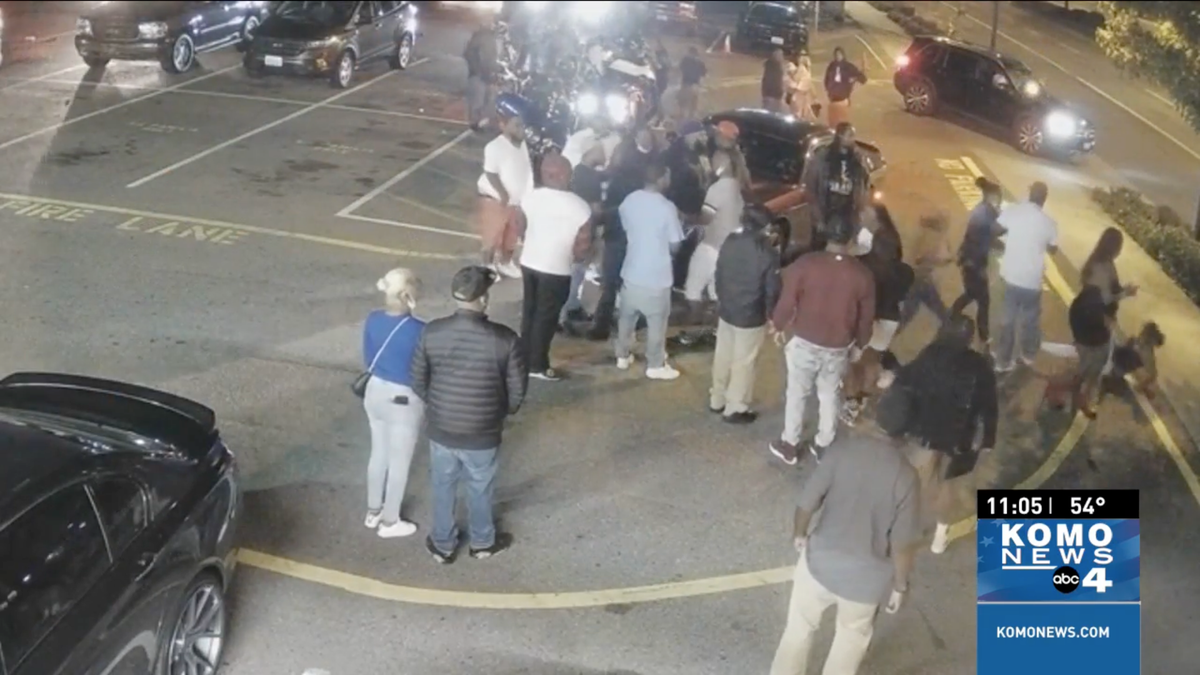- cross-posted to:
- techtakes@awful.systems
- cross-posted to:
- techtakes@awful.systems
A judge in Washington state has blocked video evidence that’s been “AI-enhanced” from being submitted in a triple murder trial. And that’s a good thing, given the fact that too many people seem to think applying an AI filter can give them access to secret visual data.



Your comment is a good reason why these tools have no place in the courtroom: The things you describe as imagination.
They’re image generation tools that will generate a new, unrelated image that happens to look similar to the source image. They don’t reconstruct anything and they have no understanding of what the image contains. All they know is which color the pixels in the output might probably have given the pixels in the input.
It’s no different from giving a description of a scene to an author, asking them to come up with any event that might have happened in such a location and then trying to use the resulting short story to convict someone.
With enough training they, in fact, will have some understanding. But that still leaves us with that “enhance meme” problem aka the limited resolution of the original data. There are no means to discover what exactly was hidden between visible pixels, only approximate. So yes you are correct, just described it a bit differently.
These models have spontaneously acquired a concept of things like perspective, scale and lighting, which you can argue is already an understanding of 3D space.
What they do not have (and IMO won’t ever have) is consciousness. The fact we have created machines that have understanding of the universe without consciousness is very interesting to me. It’s very illuminating on the subject of what consciousness is, by providing a new example of what it is not.
I think AI doesn’t need consciousness to be able to say what is on the picture, or to guess what else could specific details contain.